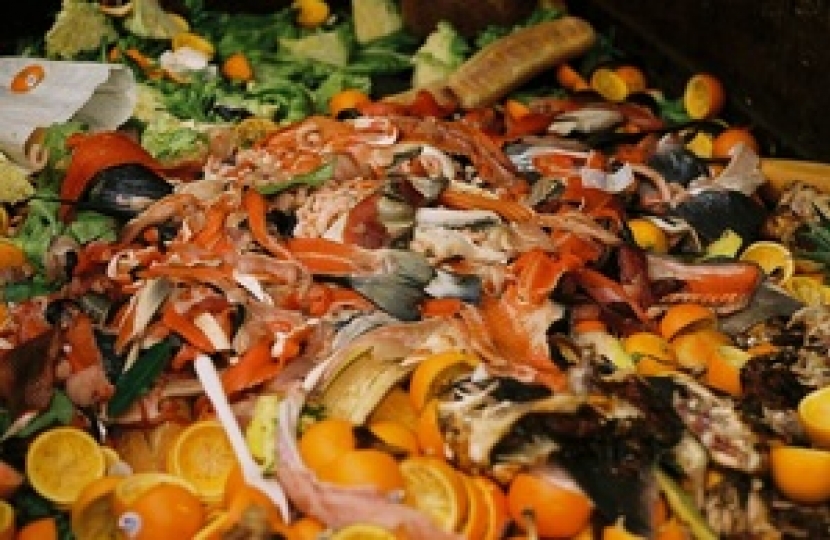
Around a third of the food we produce worldwide is lost or wasted and it’s having a significant impact on climate change. Food waste contributes 8–10% of total man-made greenhouse gas (GHG) emissions. I am therefore pleased to see that Ministers are supporting the Waste Resources Action Programme and the Courtauld 2025 Commitment which aims to reduce UK food waste by 20 per cent per capita by 2025, based on a 2015 baseline.
John said: “I do not like to see food waste. Not only is it a waste of money and harmful to our environment, such waste is also morally indefensible. I am pleased to see not only Minister’s supporting the food waste initiative but also the list of organisations in the industry that have signed up. The initiative involves farmers and growers, manufacturers, retailers and the hospitality and food service industry. We can all do our bit at home too.”
A pilot scheme to reduce food waste has been developed, supported by a £15 million fund for a range of projects to reduce waste and get more surplus food from all parts of the supply chain to those who have a need. Defra’s Food Surplus and Waste Champion, Ben Elliot MP, is working with key businesses, individuals and delivery partners to tackle the barriers to food redistribution such as branded product and Best Before dates. He has also written to leading food manufacturers, major retailers, hospitality businesses and redistribution organisations urging them to ensure that all surplus food that is safe and suitable to eat is made available and redistributed.
Our food industry has shown itself to be resilient and innovative in shifting direction to deal with Covid-19 and keep the nation fed. As part of the UK Government's collaborative response to supporting key infrastructure throughout this time £5 million has been made available for a COVID-19 Emergency Surplus Food Grant fund. The fund is enabling organisations to overcome barriers to the redistribution of surplus food that would otherwise be wasted in the wake of the coronavirus outbreak and helping more charities to bid, therefore supporting more vulnerable people. We must learn from this experience and continue to reduce food waste as much as possible once we return to more normal times.
For more information and to see how you could reduce your own food waste see https://www.lovefoodhatewaste.com/fwaw

